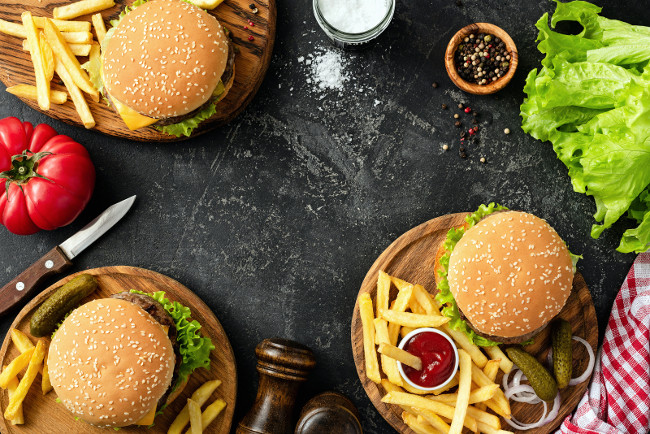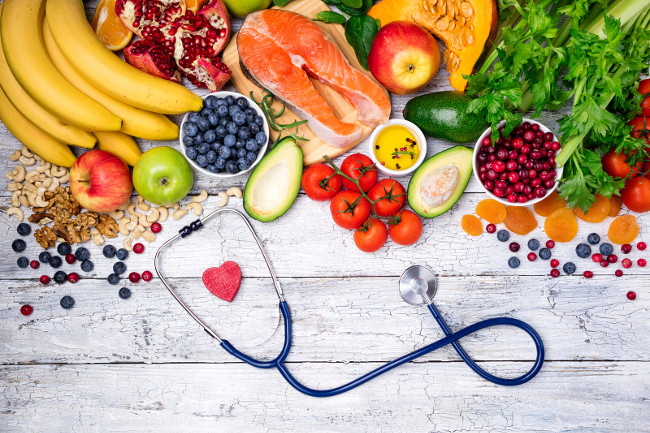Words by leading food and health writer Katherine Hodgson.
With January done, that new year resolution to be fitter and thinner probably seems like a distant memory. The ‘clean’ diet has no doubt ended, the workouts reduced and sobriety is likely out the window. While we can’t be too hard on ourselves for falling off the weight-loss bandwagon, it can be disheartening to discover that you still don’t fit into your favourite jeans this long after the festive season.
But you don’t need to ‘detox’, punish yourself with fad diets or spend countless hours at a bootcamp. You can lose weight and continue to enjoy good food, fine wine or just a bar of chocolate. Two weight-loss experts explain why 2019 is the year that you should finally ditch the diet.
Let’s start with the basics: losing weight is not complicated. Your body burns fat when you expend more than you consume – in other words, by eating less and staying active. As broadcaster and weight-loss guru Steve Miller notes: “In this country, we’ve made weight loss far too complicated. It shouldn’t be – and it also shouldn’t involve diets.” Steve’s advice? Follow the 80:20 Rule.

This common sense approach involves eating healthily 80 per cent of the time and treating yourself to fried and processed food, or a rich meal and alcohol the other 20 percent of the time. “The vast majority of people know which foods are good for them and which are ‘bad’, what they don’t know is how to stop themselves from eating too much of the bad stuff,” says Steve.
He recommends talking to your food aloud (yes really!), and making signs that discourage you from eating anything deemed ‘naughty’. But such techniques are not for everyone – and not necessarily feasible on a night out, at a family dinner or even in the workplace.
This is where Mel Wells comes in. She’s a former Hollyoaks actor turned eating psychologist, who struggled with bulimia as a teenager. Mel’s central message is that eating should nourish our bodies – and, for want of a better word, nourish our ‘souls’. It’s fuel for life, and it’s the stuff that lets us live well. Once we’ve truly understood that, we’ll never overeat again.
But after years, months or even just weeks of problem dieting and disordered eating, people struggle to eat to the point of genuine nourishment. And, says Mel, there are emotional reasons for this. Understanding those emotional reasons, and gaining control of them, may require some professional assistance but for most of us, some (fairly) simple behavioural changes, reflection and patience is all it takes.

“We need to revert to what we did as children – eat when we’re hungry and stop when we’re full,” says Mel. “The only reason we don’t do that is because we’re engulfed in a diet culture. It’s common to think that overeating is the result of having no willpower – it’s not. We’re not beings who do things without intentions – our eating patterns often mask pain or discomfort.”
Understanding why you overeat means monitoring when and what you put in your mouth. Mel recommends journaling to articulate and understand your emotions, and thus make sense of your eating habits. Learning to actually like yourself is another – albeit longer and trickier – way to succeed. “You need overall analysis of your behaviour. Someone who is in love with who they are and the life they’re living won’t tend to emotionally overeat,” she tells me.
And once you’ve understood this, it’s time to trust your body and recognise its natural signals.
Mel explains: “Serial dieters and disordered eaters often find it really scary to trust their bodies. Our bodies want us to be a natural, healthy weight. They don’t want us to under-nourish or overfeed them. People find it difficult to trust their body to tell them when enough is enough. Yet once you’ve done that you will eat until you’re genuinely satisfied and not eat anything more. Learning that could take a week or a month, or longer.”

That being said, we’re all likely to fall foul of highly processed, sugar filled and salt laden meals which trigger reward centres in the brain. Mel acknowledges that there will be times when we slip up – but she advocates mindfulness so eating out will not result in weight gain, and a few drink with friends will not turn into a calorific mess that ends with a takeaway and fifteen biscuits.
“We all need to have freedom to eat what we want. It’s our bodies and we should know what we need and when we need it. But this doesn’t mean we should abuse that freedom and just eat anything, because that’s when you stop feeling good. Ask yourself anytime you’re in a restaurant, a cafe, on holiday, or making a meal – is this going to make me feel good?”
Food shouldn’t simply feel good in the moment – it should also make you feel good overall. “There’s a fine line between feeling satisfied and feeling stuffed but if you’re properly in tune with your body you’ll know when you can get a big bowl of pasta and be genuinely nourished physically and emotionally. That might only be some days because there will be other days when your body needs something totally different.” But once you’ve cracked that, there’s a good chance you’ll have said finally goodbye to the diets and hello to those jeans.






















